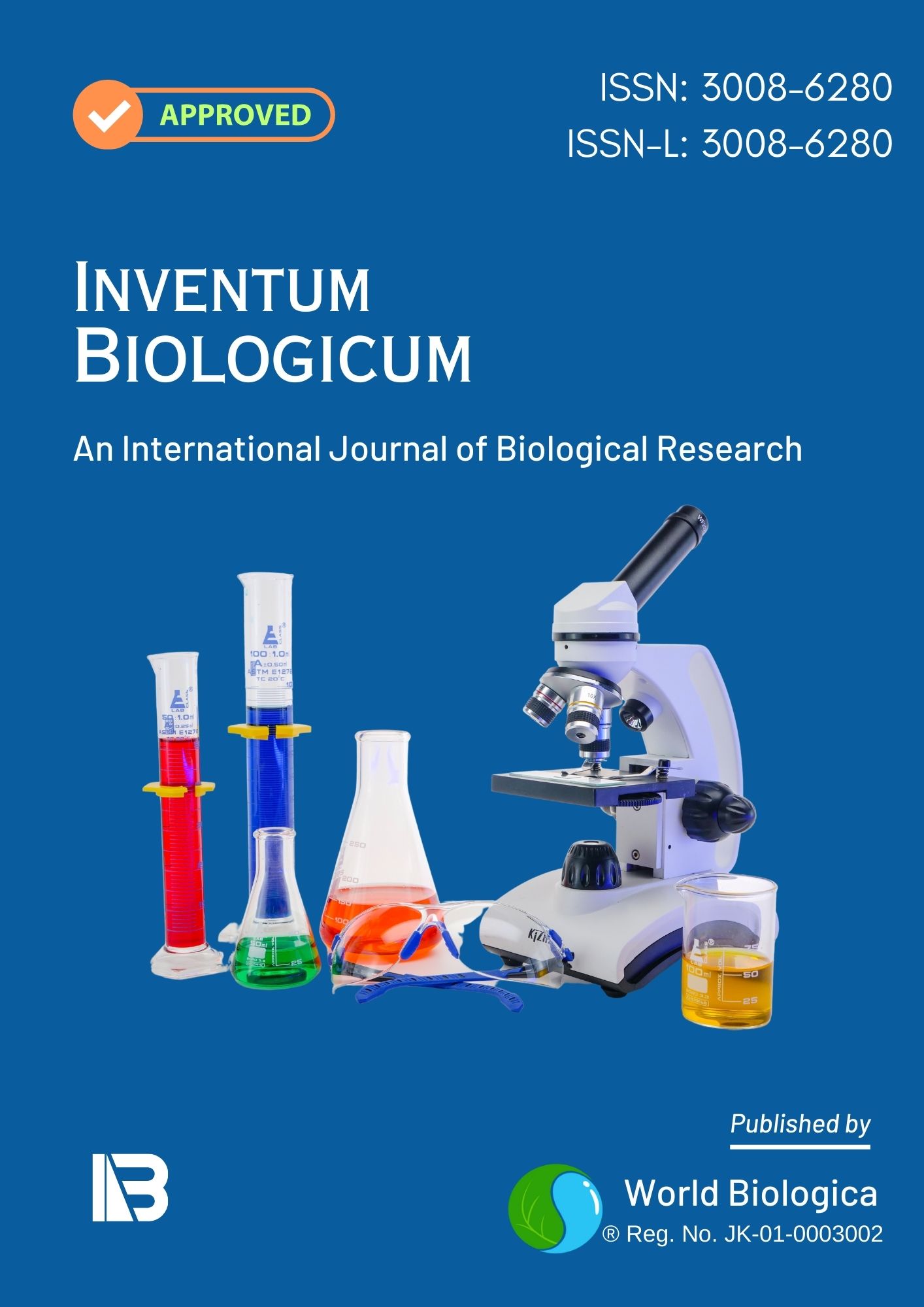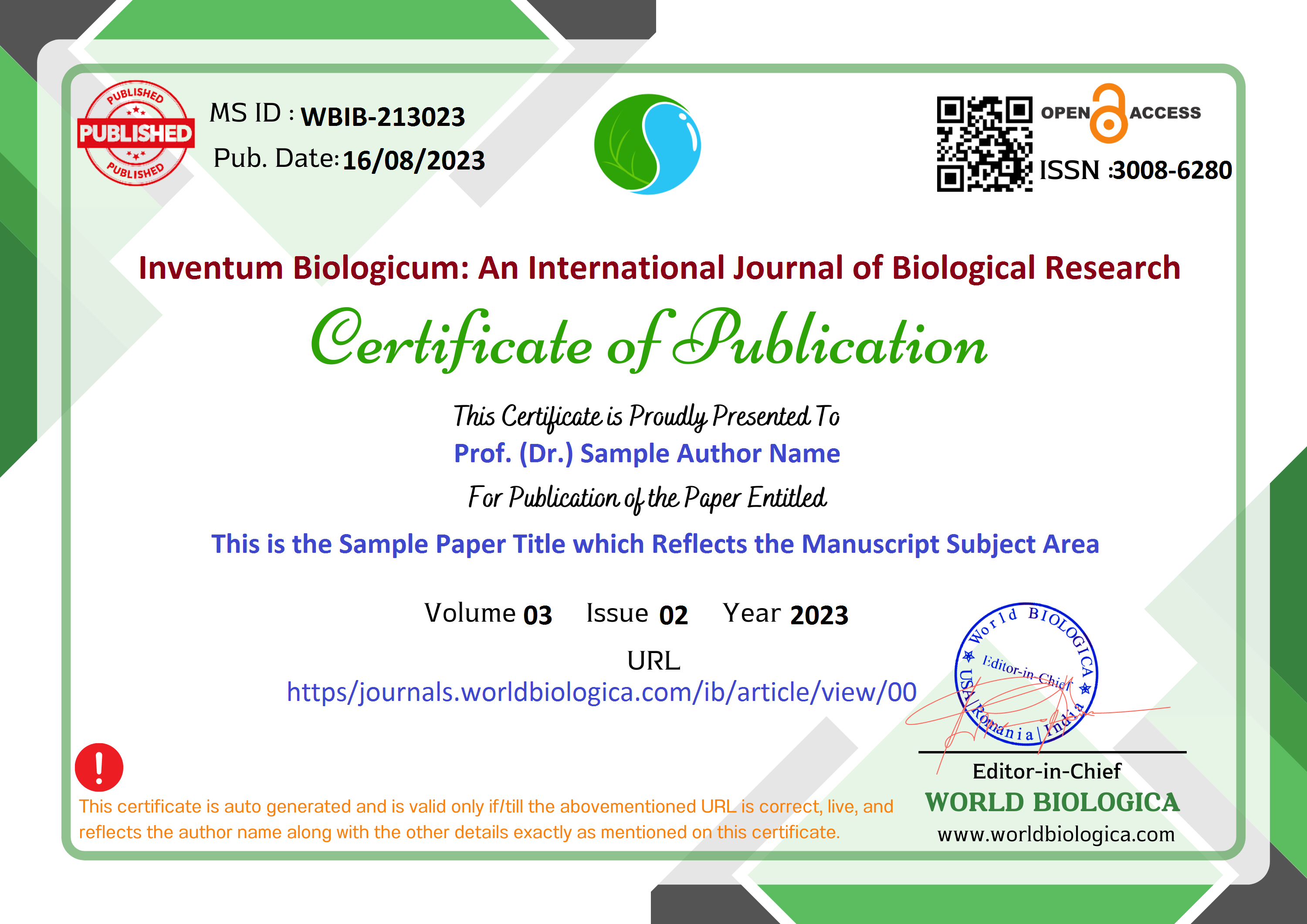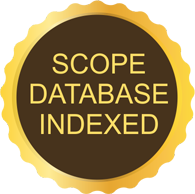India's Importance and Obstacles in Achieving Net Zero Emissions by 2050
Keywords:
BRICS, Atmosphere changes, COVID-19, GHGs, Net-zero emissionsAbstract
The BRICS (Brazil, Russia, India, China, and South Africa) emerging economies will have a big impact on the direction of the world economy and environment. Their carbon-intensive economic systems have a major role in the worldwide production of greenhouse gases (GHGs), which is what causes climate change. But in the interest of a sustainable and climate-neutral global economy, the BRICS have entered the contest to emerging net. But there are chances and difficulties along the way. Regarding the impact on net-zero trajectories, scientists' responses to the spread of the coronavirus illness 2019 (COVID-19) were not uniform. Although statistical evidence indicates a relationship COVID-19 and a drop in overall emissions, it is anticipated that COVID-19 hampered affected to create CO2 reduced economies. More inquiry is thus still required to fully understand how COVID-19 may affect efforts to achieve net-zero, particularly in emerging nations. To reach net-zero emissions by 2050, governments and stakeholders must concentrate on removing the obstacles while taking advantage of the possibilities brought about by the pandemic.
Downloads
References
Chapungu, L.; Nhamo, L.; Gatti, R.C. (2020). Estimating biomass of savanna grasslands as a proxy of carbon stock using multispectral remote sensing. Remote Sens. Appl. Soc. Environ., 17, 100275.
Krausmann, F.; Wiedenhofer, D.; Haberl, H. (2020). Growing stocks of buildings, infrastructures and machinery as key challenge for compliance with climate targets. Glob. Environ. Chang., 61, 102034.
Viola, E.; Basso, L. (2016). Wandering decarbonization: The BRIC countries as conservative climate powers. Rev. Bras. Politica Int., 59, 1–22.
Downloads
-
Download PDF
 Abstract Views: 202,
Abstract Views: 202,  Download PDF: 114
Download PDF: 114
Published
How to Cite
Issue
Section
License
Copyright (c) 2023 Inventum Biologicum: An International Journal of Biological Research

This work is licensed under a Creative Commons Attribution-NonCommercial-NoDerivatives 4.0 International License.


















